Iran, powers hold 'substantive' nuclear talks
Updated: 2014-02-19 11:40
(Agencies)
|
||||||||
|
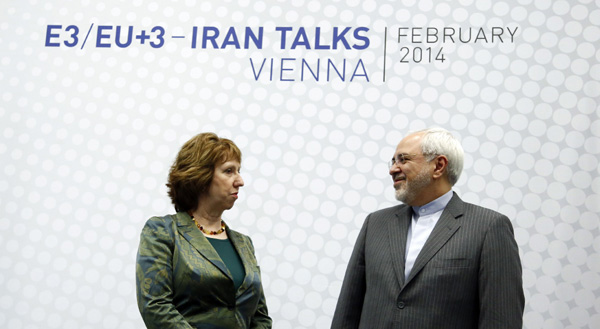 European Union foreign policy chief Catherine Ashton (L) and Iranian Foreign Minister Mohammad Javad Zarif pose before the start of a conference in Vienna February 18, 2014. Six world powers and Iran began talks in Vienna on Tuesday in pursuit of a final settlement on Tehran's disputed nuclear programme in the coming months despite warnings from both sides that a deal may prove impossible. [Photo/Agencies] |
COMPLEX PROCESS AHEAD
The Americans and Iranians have played down expectations.
|
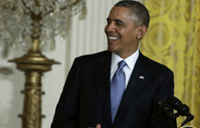 US to deal harshly with violators of Iran sanctions
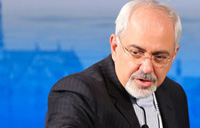 Iran ready for long term deal: FM |
Hours later a senior US administration official also tamped down expectations, telling reporters on Monday that it will be a "complicated, difficult and lengthy process" and "probably as likely that we won't get an agreement as it is that we will".
It is the first round of high-level negotiations since a November 24 interim deal that, halting a decade-long slide towards outright conflict, has seen Tehran curb some nuclear activities for six months in return for limited relief from sanctions to allow time for a long-term agreement to be hammered out.
The stakes are huge. If successful, the negotiations could help defuse many years of hostility between energy-exporting Iran and the West, ease the danger of a new war in the Middle East, transform power relationships in the region and open up vast new possibilities for Western businesses.
Araqchi sounded upbeat about the initial 40-minute discussions with the six nations but appeared to draw a line against Tehran's ballistic missile programme being addressed in any future talks.
"We had good discussions ... and we are trying to set an agenda. If we can agree on an agenda in the next two to three days, it means we have taken the first step. And we will move forward based on that agenda," he said. "This agenda ... will be about Iran's nuclear programme and nothing else, nothing except Iran's nuclear activities can be discussed."
He was answering a question about Iran's ballistic missile work after US officials said they want Tehran to accept limitations on any nuclear-capable missile technology as part of any long-term deal reached by Iran and the powers.
There may be other sticking points in the talks. Iran says it will not cede its "right" to install advanced centrifuges to enrich uranium, signalling defiance in a manner that may irk the United States and its European allies.
Despite his public scepticism about chances for a lasting accord, Khamenei made clear Tehran was committed to continuing the negotiations between Iran and the six powers.
"What our officials started will continue. We will not renege. I have no opposition," he told a crowd in the northern city of Tabriz on Monday to chants of "Death to America" - a standard refrain since the 1979 Islamic Revolution.
Western diplomats said it was difficult to predict the chances of getting a final agreement over the next six months that would be acceptable to all sides. "The one thing we know is they want the sanctions to go away, which will work in our favour," a Western diplomat told Reuters.
During a decade of fitful dialogue with world powers, Iran has rejected allegations by Western countries that it is seeking a nuclear weapons capability. It says it is enriching uranium only for electricity generation and medical purposes.
Tehran has defied UN Security Council demands that it halt enrichment and other proliferation-sensitive activities, leading to a crippling web of US, EU and UN sanctions that has severely damaged the OPEC country's economy.
Khamenei's approval of serious negotiations with the six powers despite the scepticism he shares with hardline conservative supporters is driven by Iran's worsening economic conditions, analysts say.
Another major factor was the overwhelming election last year of Rouhani, who is determined to relieve Tehran's international isolation based on "constructive interaction" with the West.
Related readings
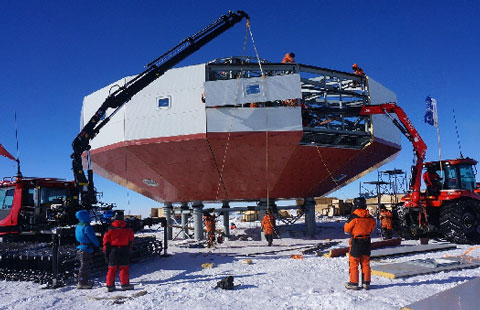
 Spirit of adventure lives on in Antarctic
Spirit of adventure lives on in Antarctic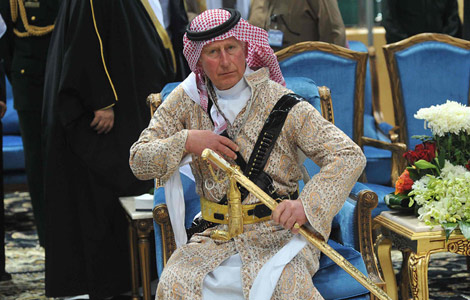
 Prince Charles dances in traditional Saudi dress
Prince Charles dances in traditional Saudi dress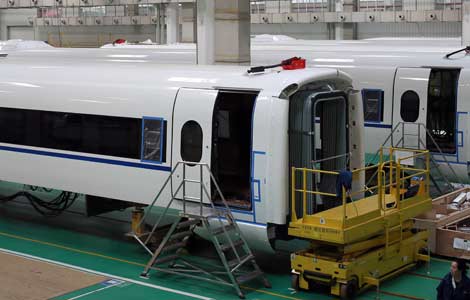
 Maglev trains speeding toward greener future
Maglev trains speeding toward greener future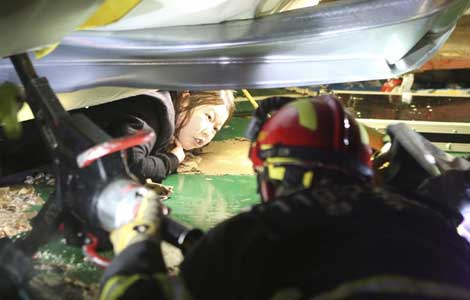
 Building collapse at Korean resort kills 10
Building collapse at Korean resort kills 10
 The big ballet stage
The big ballet stage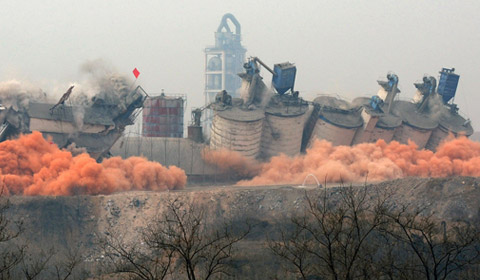
 17 more cement plants biting the dust
17 more cement plants biting the dust
 World's largest freshwater lake frozen
World's largest freshwater lake frozen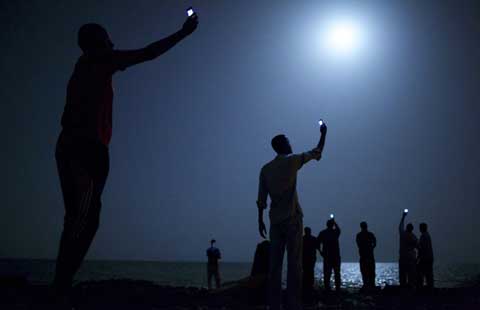
 American photographer wins World Press Photo 2013
American photographer wins World Press Photo 2013
Most Viewed
Editor's Picks

|

|

|

|

|

|
Today's Top News
Reforms to put safety first for low-level flights
PLA soldiers bigger, need new gear
China's aviation school banks on global ties
Green timber preferred overseas but not locally
NHK head regrets history words
Police to root out organizers of prostitution
Li to officials: Move ahead with improvements
'Equal' talks open to Taipei
US Weekly

|

|





